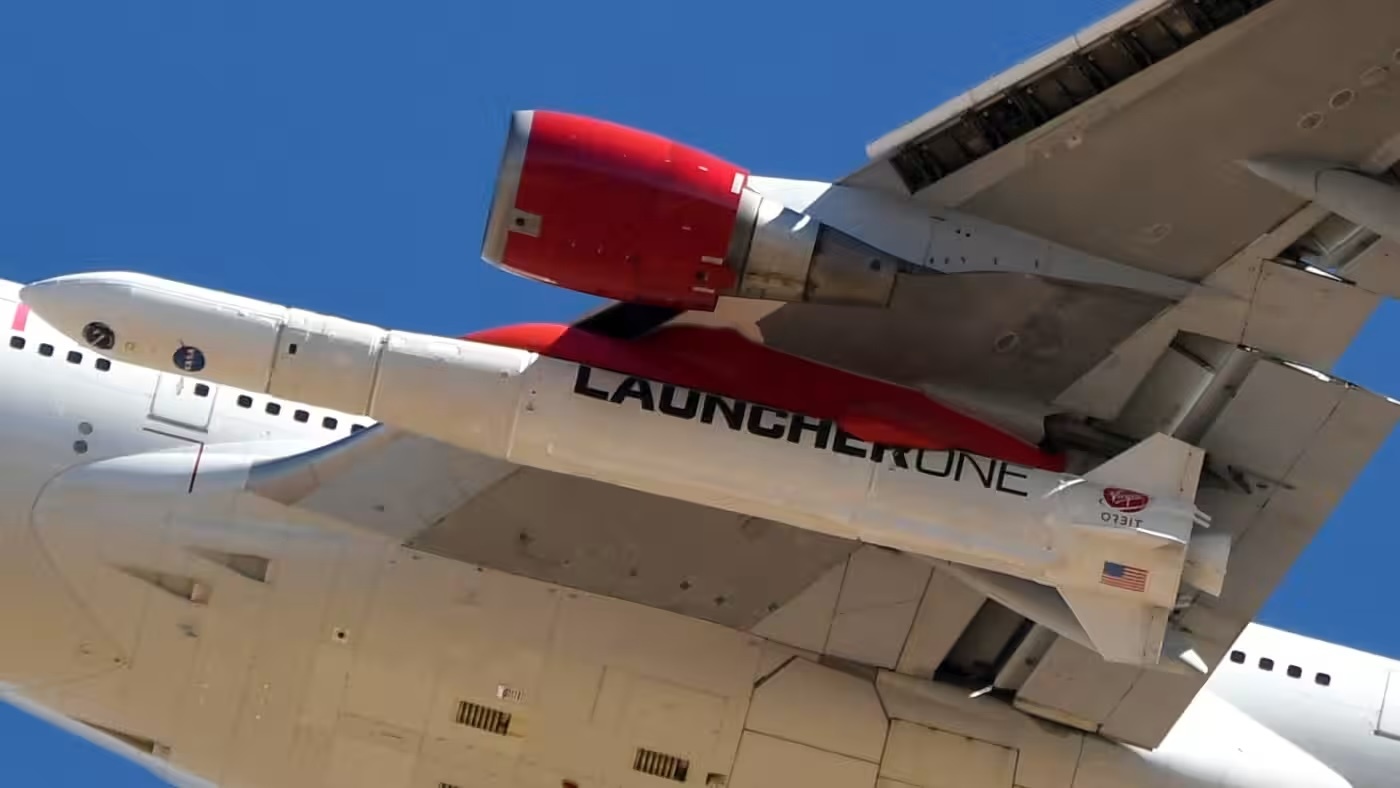TOKYO -- Cooperation on building a spaceport in Japan to launch American rockets and stronger collaboration to fight disinformation generated by artificial intelligence are among the issues to be discussed in conjunction with Wednesday's bilateral summit in Washington.
With Japanese Prime Minister Fumio Kishida set to meet with U.S. President Joe Biden, the two sides hope to kick off talks toward an agreement to keep American rocket technologies out of the wrong hands. Many rocket-related technologies can be applied to missiles, and Washington has sought such an agreement when it launches rockets abroad.
Japan is starting to see increasing business activity related to rocket launches, with ventures setting up operations in Hokkaido and Oita prefecture. The Oita prefectural government has signed an agreement with U.S. startup Sierra Space with an eye toward turning the regional airport into Asia's first horizontal-launch spaceport.
The presence of a spaceport is expected to have a broad economic impact as related companies handling such tasks as rocket assembly and parts manufacturing set up shop nearby.
The Japanese government is backing the space industry, having drawn up in March a space technology strategy that outlines technologies and a timetable for public-private cooperation on space development. It will support technology development at corporations and universities with a 1 trillion yen ($6.6 billion) space strategy fund.
The space development race is heating up as countries without their own rockets draw up plans to attract countries that have them.
As advances in generative AI fuel growing concerns over disinformation and misinformation online, Japan and the U.S. are poised to ramp up efforts to jointly combat such content.
Kishida and Biden are expected to agree to work to make AI more trustworthy and include the initiative in their joint statement.
One key goal is to prevent forgeries of various government documents in Japan and the U.S.
The two sides plan to jointly research technologies that prevent alteration of documents posted on their web pages, including ways to allow tracking of document creators. They are expected to discuss methods for verifying whether content labeled as official government documents is real, and a framework for deleting or correcting what is deemed fake.
The Japan AI Safety Institute, launched in February, and the Digital Agency are expected to participate in the talks from the Japanese side. The schedule for discussions will be ironed out with the American side.
Both countries are scrambling to take steps against disinformation. Biden issued an executive order in October 2023 to ensure the safety and security of AI. One goal was "to make it easy for Americans to know that the communications they receive from their government are authentic," the White House said at the time.
The Japanese government that year spearheaded the launch of the Hiroshima AI Process at the behest of Group of Seven summit leaders to discuss rules for generative AI. The government has formed an expert panel to consider new laws and regulations to combat disinformation.
Quelle: NIKKEI Asia


